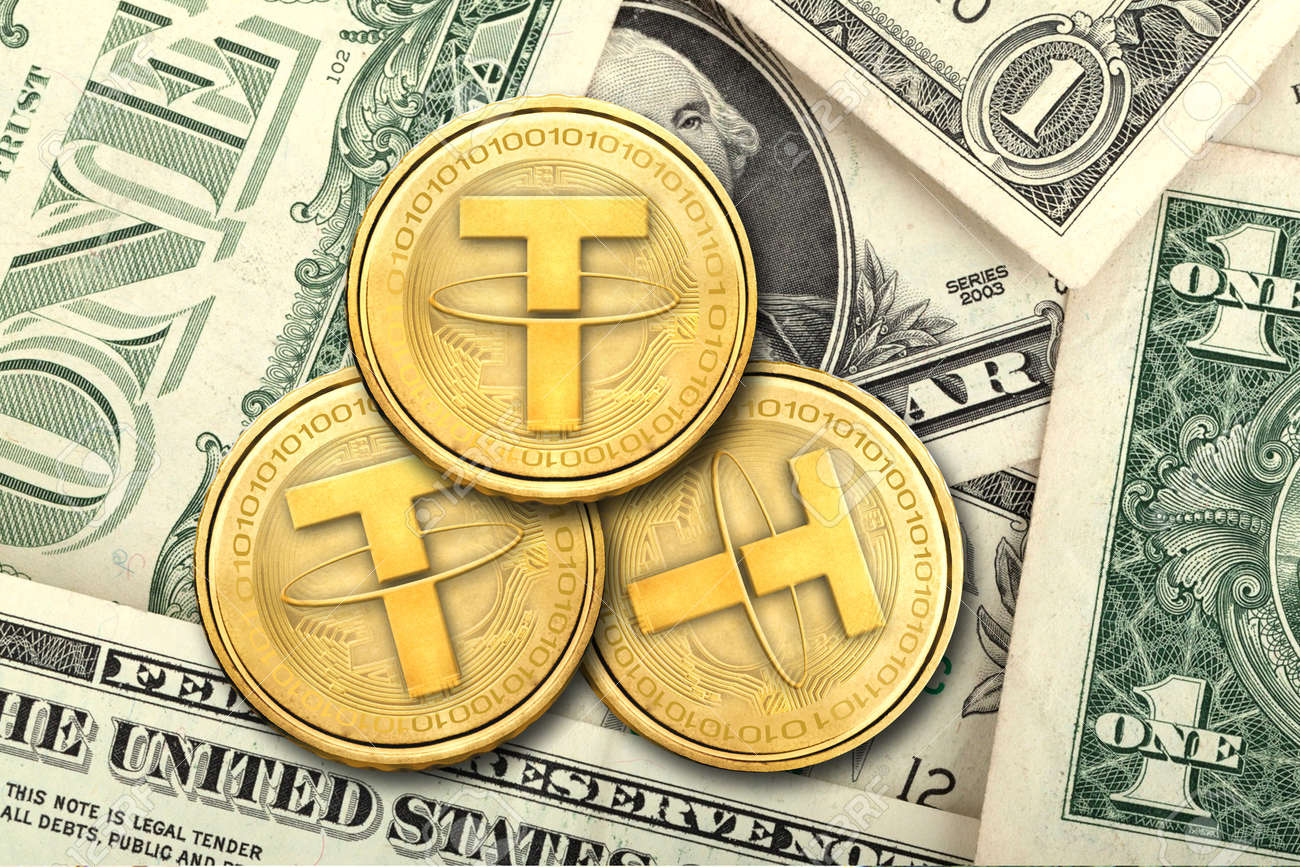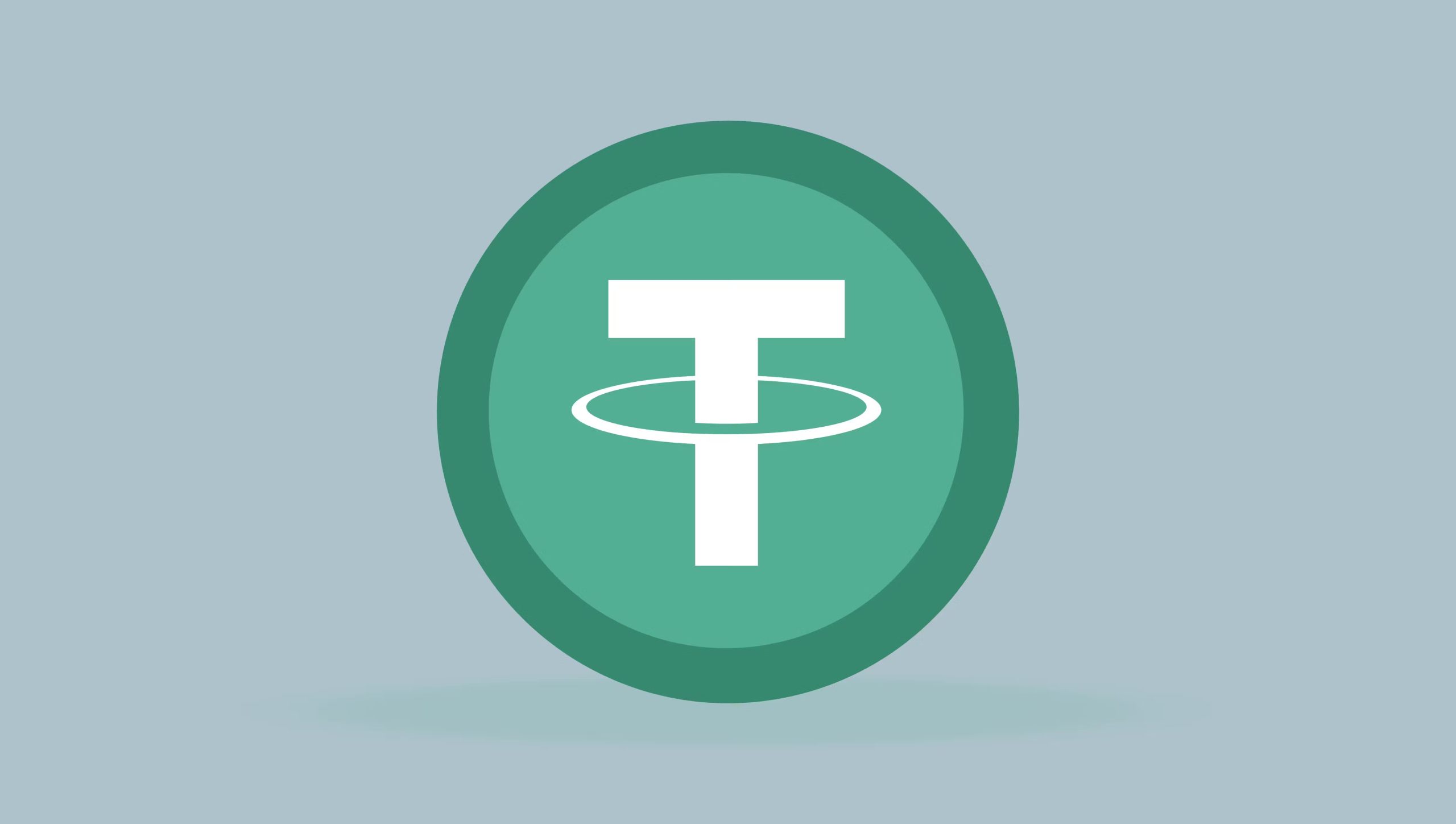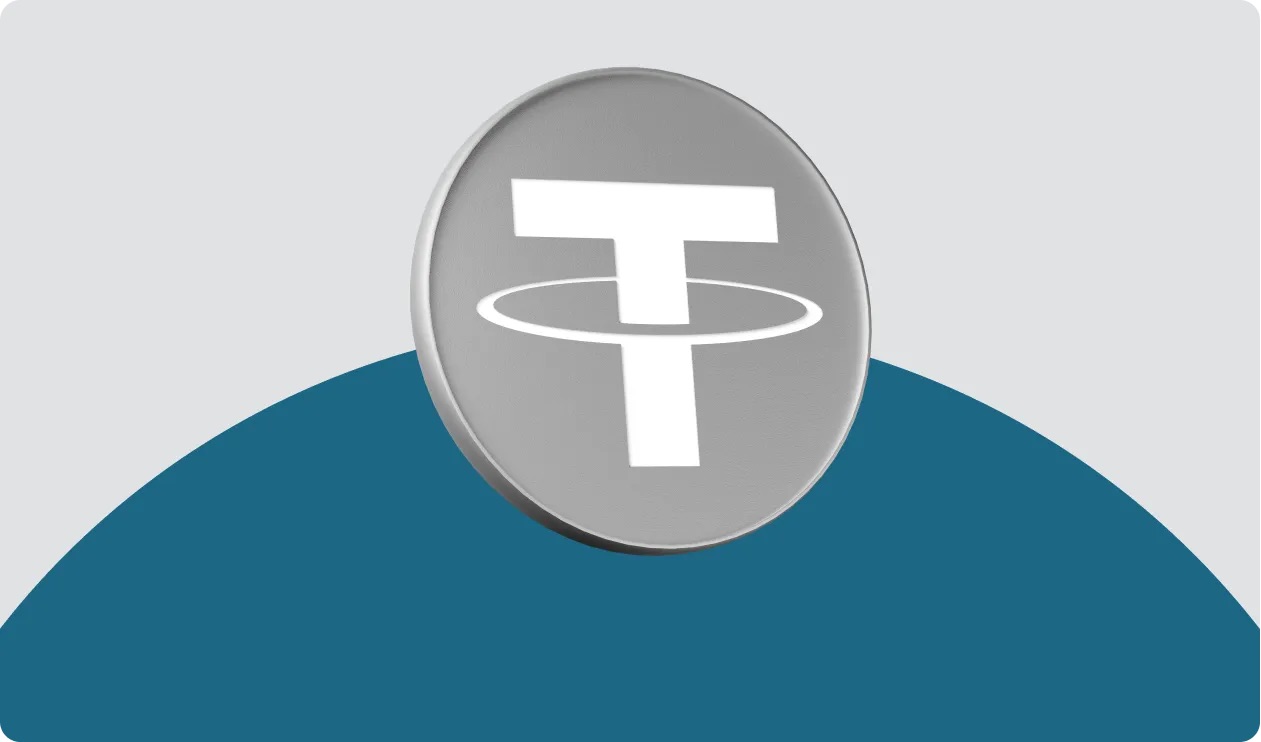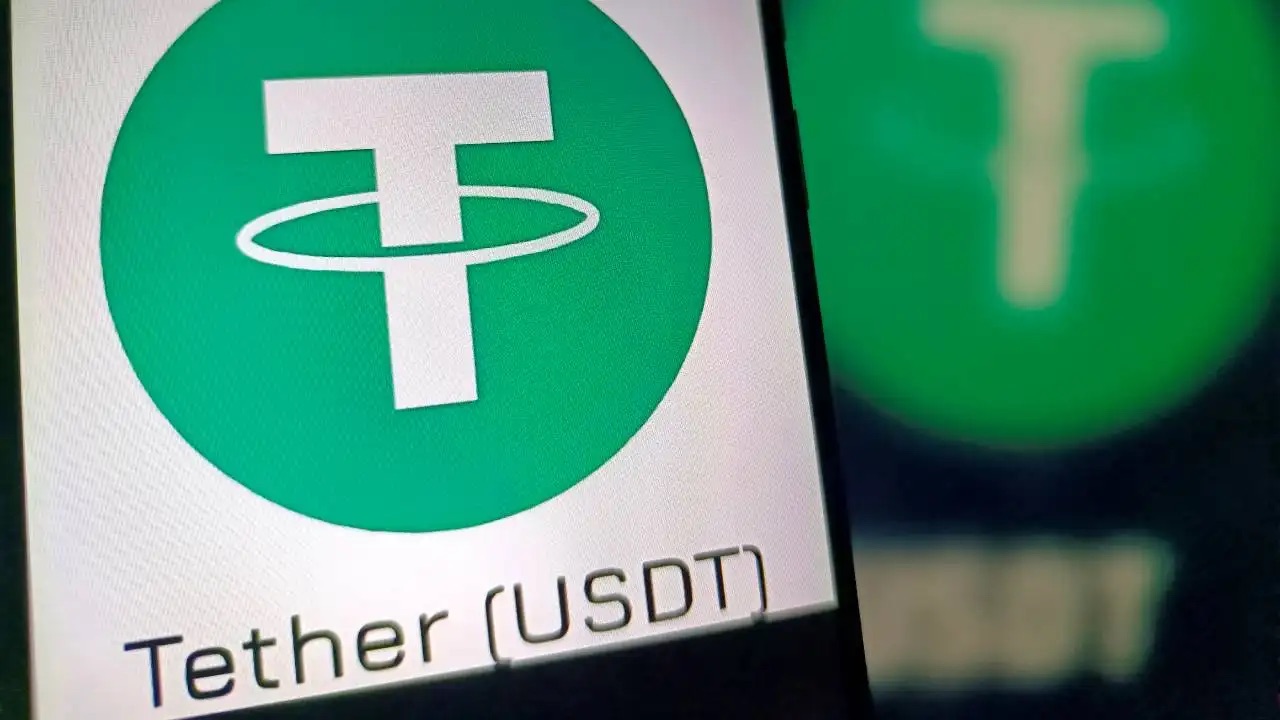The Texas Senate yesterday passed the Bitcoin Strategic Reserve Bill, SB-21, with a vote of 25 in favor and 5 against. The bill aims to incorporate Bitcoin into the state’s assets as a hedge against inflation and economic uncertainty. Currently, 24 states across the U.S. have proposed a total of 32 similar bills, but Texas may become the first state to actually implement a digital asset strategic reserve.
Texas Bitcoin Reserve Bill Passes Senate Review
The bill, spearheaded by Texas Senator Charles Schwertner, was highlighted during Senate debates as a measure to strengthen the state’s financial position. The Republican senator emphasized that Bitcoin is a scarce and valuable asset: “We no longer hoard paper currency like in the Middle Ages; now we have digital currency.”

As a strong supporter of Bitcoin, Schwertner noted that Bitcoin is not a competitor to the U.S. dollar but rather akin to gold—a tool to combat inflation:
“Due to central banks’ intervention and manipulation of the money supply, the purchasing power of the dollar is declining, which has eroded public confidence in the currency.”
However, the bill still requires the governor’s signature to become law. If enacted, Texas would become the first state in the U.S. to establish a digital asset strategic reserve.
Bill Revised to Include Other Digital Assets
When the bill was initially proposed in January, it only covered Bitcoin. However, it was revised in February to include other digital assets. This change followed multiple statements by U.S. President Trump about exploring the feasibility of establishing a “digital asset reserve,” which could encompass various cryptocurrencies.
This policy shift indicates that state governments are actively considering digital assets as part of their fiscal reserves, not limited to Bitcoin.
State and National Bitcoin Reserves Could Drive Billions in Market Growth
As multiple U.S. states consider using public funds to invest in cryptocurrencies, asset management firm VanEck previously estimated that the passage of these state-level Bitcoin reserve bills could bring up to $23 billion in inflows to the market.
On a global scale, countries from Bhutan to Switzerland and the Czech Republic have recently expressed intentions to offer tax incentives to crypto asset holders or are considering adding Bitcoin to their reserves. This trend could spark a wave of asset allocation by governments, states, and financial institutions worldwide.
Trump Confirms Establishment of U.S. Bitcoin Strategic Reserve
This morning, President Trump signed an executive order officially establishing the “Strategic Bitcoin Reserve” and the “U.S. Digital Asset Stockpile.” The order mandates the U.S. Department of the Treasury to manage these national reserve assets, which will primarily be acquired through federal criminal or civil forfeiture proceedings.
The Treasury and Commerce Departments will be responsible for developing a budget-neutral strategy to acquire additional Bitcoin without imposing extra costs on U.S. taxpayers.
For other digital asset stockpiles, resources will also come from government-seized digital assets, and the Treasury Secretary will have the authority to decide whether to sell these assets.
White House to Host Cryptocurrency Summit
Tonight, the White House will host a cryptocurrency summit, where more details about the national crypto reserve plan may be announced. It remains uncertain whether other tokens like Ethereum, Solana, XRP, and ADA, which have been mentioned, will be included in the reserve assets.






